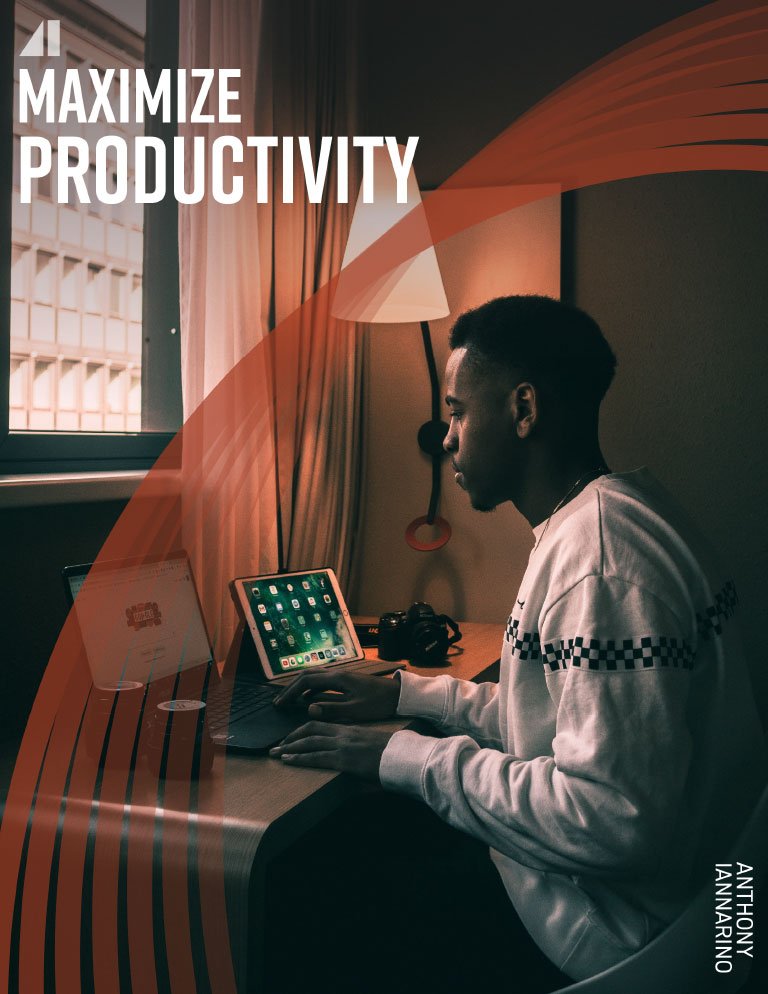It is impossible to be busy and productive at the same time. You are either one or the other, as they are mutually exclusive.
The Prideful Claim of Being Busy
The word “busy” means having a great many things to do. When you say that you are busy, you are trying to get those great many things done, as evidenced by a long list of tasks and the rushed effort to complete as many as possible. There is no value in being busy when it comes to effectiveness and attaining your goals.
Invariably, two things tend to be true about busy people. First, they procrastinate, avoiding the most important things they need to do. Second, they are reactive, handling the onslaught of requests from other people, much of which shows up in the form of an email (a medium that needs reimagining).
The procrastination starts the process of being busy by positioning the important work you need to do, whether you delay the work because the project is enormous and time-consuming, because it is difficult, because you are not sure how to approach it, or because there are more exciting things available to you. Once you fall behind on what’s important, it can be difficult to catch up. You have experienced the inability to catch up if you have procrastinated, fallen behind, and then been given another time-sensitive project.
The second reason you are busy and not productive is that so much of what shows up in your world looks and feels like work. There are no real barriers that would prevent someone from creating a task for you. You may not have considered every email as a task until now, but that is exactly what they are.
The person who sends you an email is tasking you with reading the email, discerning it’s meaning, determining what you need to do, and replying to the person who sent it, at the very least.
The only evidence necessary to convict you of living in reactive mode, procrastinating, and feeling a sense of overwhelm is the fact that your email inbox is open all day, inviting interruptions, new requests, and engaging in real-time conversation that, were those conversations truly important, would have been phone calls or meetings.
You should not expect to impress people by telling them you are busy. What’s impressive is being productive.
How to Be Productive Instead of Busy
You might be productive because you checked a good many tasks off a list, but it’s unlikely. It’s more likely that the number of things you crossed off your list is inversely proportional to how productive you were on a given day. No matter how many small, relatively meaningless tasks you complete in a day, if they did not produce the significant outcomes you should be creating to reach your goals, you would not be productive.
Productive people tend not to be very busy. However, they do get a lot of work done, which looks very different from the busy person’s tasks and todos.
Productivity starts with a narrowed focus, eliminating the massive reduction of potential tasks that are not going to move the needle. By clearing things that are unimportant out of the way, they make room for what is most important.
The first key to being productive is defining your most important goals and outcomes, and the work you need to do to create those outcomes and reach your goals. You can use a set of filters to determine what work you’ll be doing based on its value to you and your organization.
The second key to being productive is taking control of your calendar and your time. The most productive people plan their week before it ever starts, determining what they need to do and when they are going to do what’s most important.
They block time on their calendar, and then they discipline themselves to do the work, following their plan as best they can in a world full of endless interruptions and distractions.
Saying Yes to Big Things
When you say “yes” to small things, you say “no” to bigger things, like your goals and dreams.
When you say “no” to small things, you are saying “yes” to your goals, your dreams, and your results, protecting them from the very elements that would threaten them by making you “too busy” for what’s important.
Say no to an open inbox. Say no to an open office door. Say no to interruptions in the form of phone calls and text messages and notifications. Say no to really interesting projects that don’t move you closer to your goals.
There is a difference between being busy and being productive. Instead of telling people that you are busy, tell them that you are focused on your highest priorities, and you are simply unwilling to take time away from your most important goals and outcomes.

Get the Free eBook!
Take control. Maximize your productivity.
Being productive means getting important things done. The stuff that moves you toward accomplishing your most important goals. The strategies in this eBook will have you producing the results you want.
Download Now







.jpg?width=768&height=994&name=maximize-productivity-ebook-v3-1-cover%20(2).jpg)


